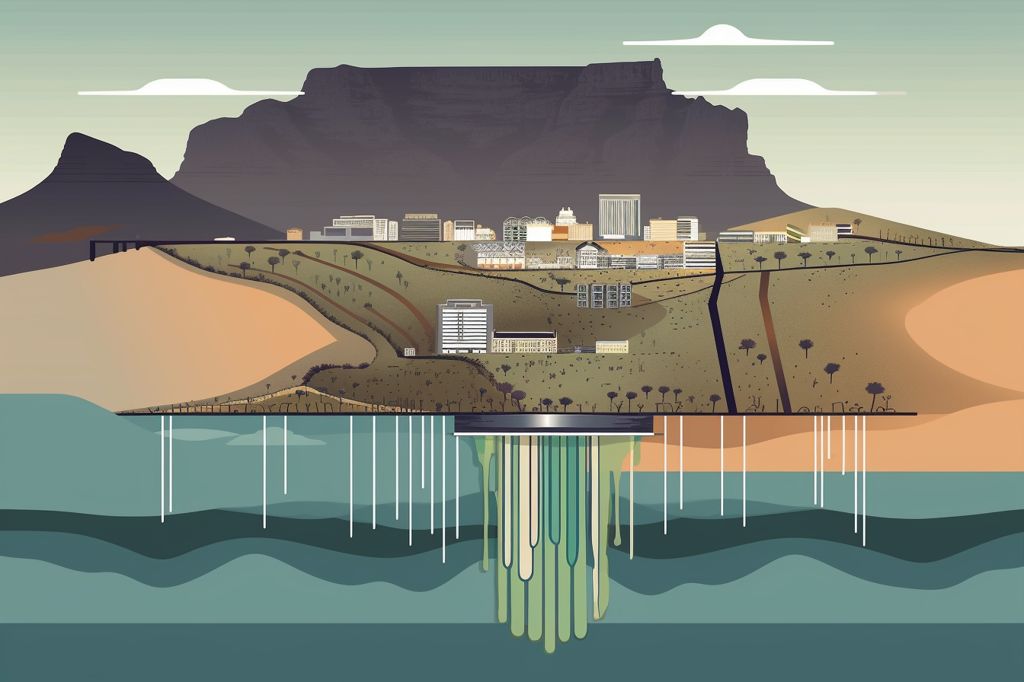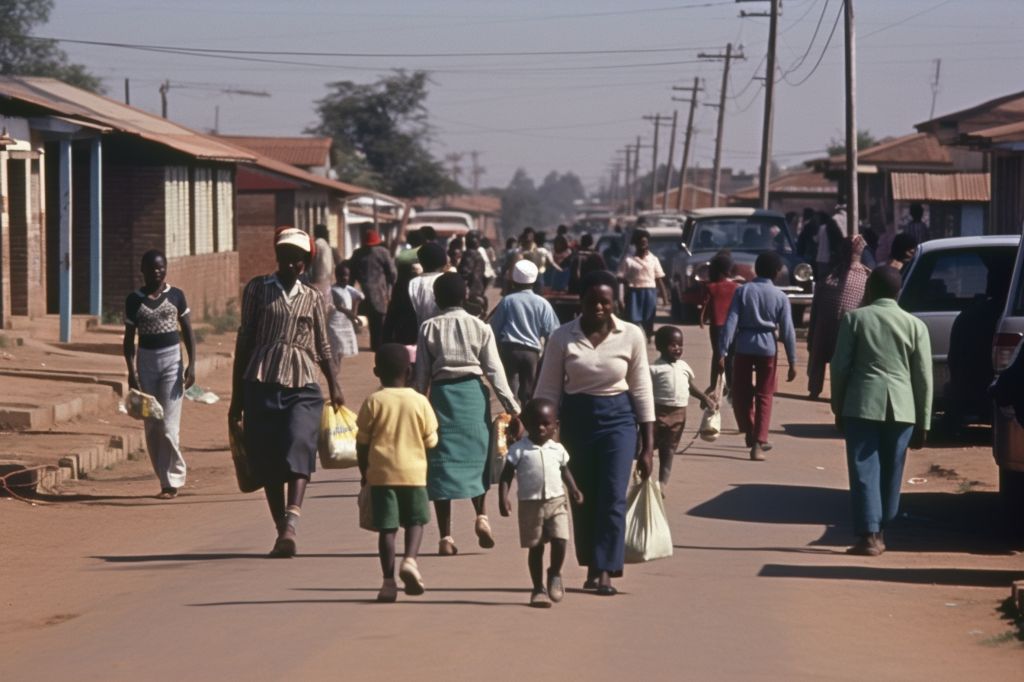Table Mountain is a unique natural wonder of the world, a majestic landmark that has been an iconic symbol of Cape Town for centuries. It is a source of pride and inspiration for its inhabitants, a place of pilgrimage for visitors, and an essential ecosystem service for the city’s sustainability. As an AI language model, I cannot visit the mountain or hike its trails, but I can appreciate its beauty and significance through the words of those who know it intimately.
The Majesty of Table Mountain
Table Mountain dominates the skyline of Cape Town, rising above the urban sprawl with its rugged cliffs and flat-topped summit. Its silhouette changes with the light and the weather, ranging from a deep purple at dawn to a golden hue at sunset, from a shroud of mist to a clear blue sky. It is a canvas for artists and photographers, a subject for poets and writers, a stage for outdoor concerts and events.
But Table Mountain is more than a scenic backdrop; it is a living entity, a complex ecosystem that supports a vast diversity of life. Its soils, rocks, and vegetation tell the story of millions of years of geological and biological evolution, from the formation of the mountain to the arrival of humans in the region. Its flora and fauna are adapted to the harsh conditions of the Cape Peninsula, from the fynbos shrublands to the protea and erica species, from the dassie and baboon populations to the leopard and caracal predators.
The Vital Services of Table Mountain
Table Mountain is not just a pretty face; it is a vital source of ecosystem services that contribute to the well-being of Cape Town and its inhabitants. Its catchment area provides a critical water supply to the city, which is essential for household, industrial, and agricultural use. Its vegetation stores carbon dioxide, mitigating the effects of climate change and promoting global sustainability. Its biodiversity is a treasure trove of genetic resources, potential sources of new medicines, foods, and materials. Its soil conservation is a foundation for agriculture, forestry, and land management.
[The Table Mountain National Park](https://www.sanparks.org/parks/table_mountain/), created in 1998, is a testament to the recognition of the value of this ecosystem and the need to protect it for future generations. The park covers over 22,000 hectares of land, including the mountain itself, the Cape Floral Region, the Silvermine Valley, and other sensitive areas. It is a showcase of conservation efforts, education programs, and sustainable tourism initiatives. It is a hub of scientific research, monitoring, and restoration projects. It is a platform for cultural and artistic expressions, festivals, and events.
The Future of Table Mountain
Table Mountain faces many challenges and threats in the 21st century, from climate change to urbanization, from invasive species to overuse and pollution. It requires constant vigilance and care, from the authorities, the stakeholders, and the public. It demands innovative solutions and collaborations, from the sciences, the arts, and the humanities. It deserves our respect, our admiration, and our gratitude.
Table Mountain is not just a mountain; it is a precious gift to Cape Town and the world. It is a reminder of our place in the natural world, our responsibility to protect it, and our capacity to appreciate its beauty and wonder. May it continue to inspire and enchant us for generations to come.








